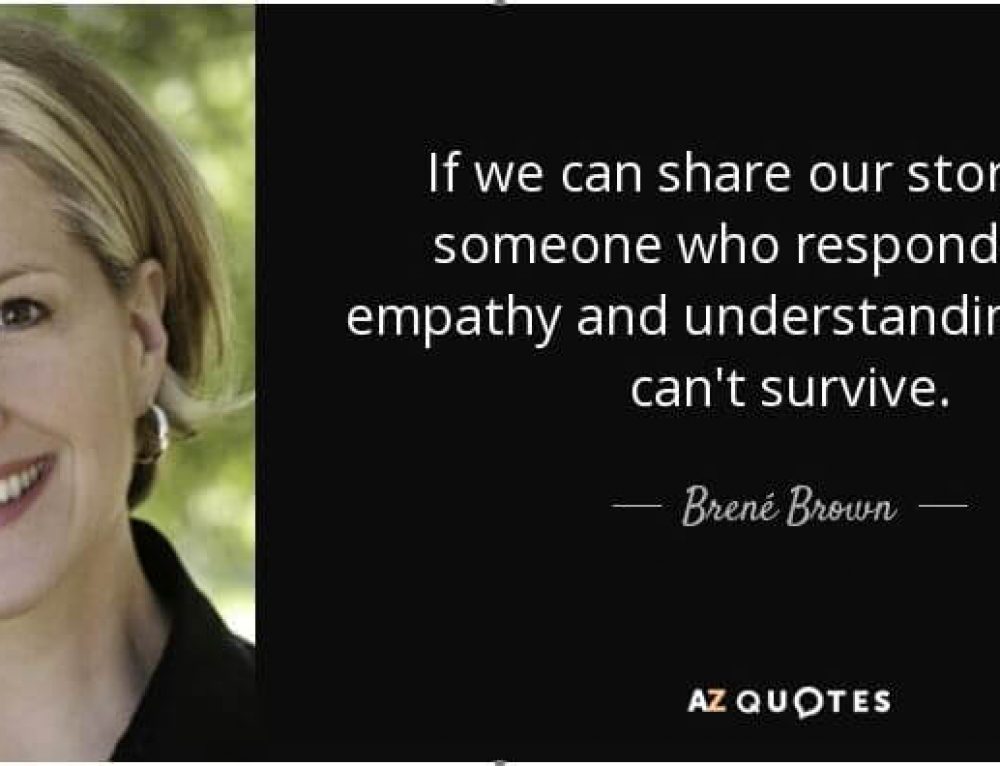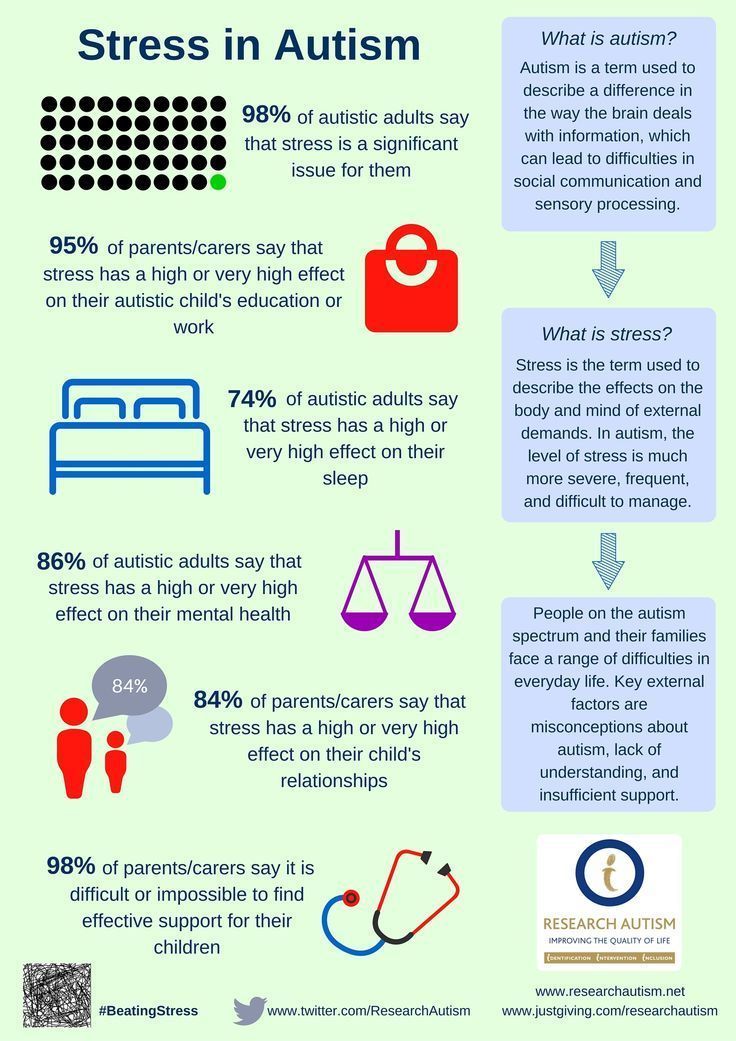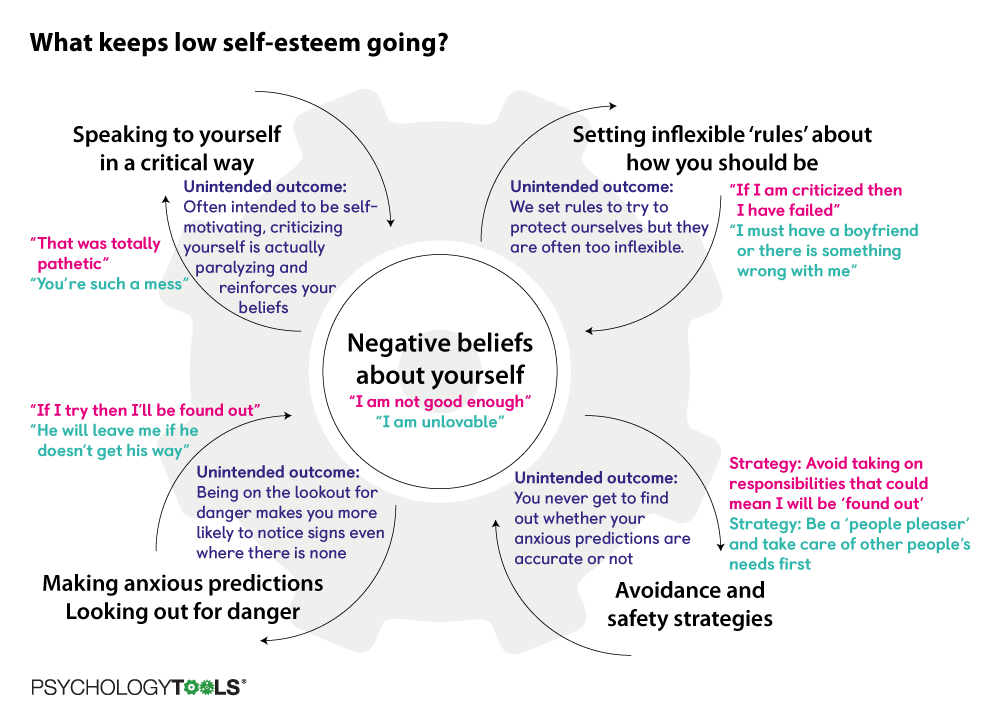What does it mean when you feel numb
Causes and Treatment for Emotional Numbness
Feeling emotionally numb or a general lack of emotion can be a symptom of several different medical conditions or a side effect of some medications.
Emotional numbness creates a sense of emptiness, isolation, or emotional disconnect from the rest of the world. The numbness can be unbearable for many people who experience it.
Find out what it’s like, why it happens, and how to manage and prevent it.
Emotional numbness, also sometimes called emotional blunting, can be difficult to imagine if you have not experienced it.
Some people describe it as feeling emptiness or despondency, while others report feeling isolated. Some feel as though they have no future or that there is no hope for the numbness to ever fade.
“Often I feel invisible, like I’m a ghost. I watch my family engaging with each other, but feel like there’s an invisible barrier that keeps me from joining them,” describes Amy H., who has experienced emotional numbness from depression. “I’m like a submarine drifting undetected, picking up on other people’s emotions like sonar. However, if you were to ask me what my own feelings are, I wouldn’t be able to tell you.”
Rebecca C.* has a similar experience with numbness caused by depression: “The world around me often seems slightly superficial, [like] I am simply going through the motions and can’t connect to my environment,” she explains. “It makes me feel as if there were analog TV static in my brain. I am unable to communicate or think deeply.”
Some people describe emotional numbness as feeling unfocused or ungrounded.
“It basically feels like when you zone out before you go to sleep,” Amanda D. said. “Feels like being unfocused. And sometimes, especially right when you are going through it, it’s really hard to understand how the world keeps moving when it should have stopped.”
*Some names have been changed at the request of interviewees.
There are a number of different things that can cause emotional numbness to occur. While depression and anxiety are the most common causes, others include the following:
While depression and anxiety are the most common causes, others include the following:
- Stress and stress hormones: Elevated cortisol levels can lead to emotional numbness in some people.
- PTSD: Post-traumatic stress disorder (PTSD), which may change your stress hormone levels, can be tied to depression, anxiety, and symptoms like emotional numbness.
- Medication: Some medications used to treat anxiety and depression affect how the brain processes mood and emotion. Selective serotonin reuptake inhibitors (SSRIs) affect serotonin levels in your brain, which could also alter dopamine levels. Most evidence is anecdotal, but a 2021 review of research suggests this could explain medication-induced emotional numbing.
- Depersonalization-derealization disorder: People with depersonalization-derealization disorder may experience numbness in their minds or bodies.
- Fatigue: Experiencing physical fatigue and burnout could lead some people to have emotional blunting.

Despite how it may feel, emotional numbness is not permanent. Treatment is available to provide both immediate relief and long-term remission.
The first step in treating emotional numbness is to identify and treat the underlying cause. A healthcare professional can help with this, or they may refer you to a mental health professional.
You’ll be asked what medications you take and what other symptoms you have. If your doctor thinks one of your medications is to blame, they may substitute it with something else.
If you do not already have a mental health professional, the FindCare tool can help you locate one in your area.
Immediate relief options
To start getting more immediate relief from emotional numbness, you can also try several treatment options:
Make an appointment with a mental health professional
A mental health professional can offer coping techniques to help you regain your feelings. Some professionals, like psychiatrists, can prescribe different medications.
While antidepressants typically take up to 6 weeks to start working, your doctor may prescribe anti-anxiety medication like benzodiazepines or beta-blockers for you to take while the other drug builds in your system.
Rely on your support system
Even if you’re having trouble connecting, reach out to the people who love you. They may be able to help you connect, and you may find relief in telling them what you’re going through.
Exercise
When you’re feeling numb, the last thing you may want to do is get up and move, but it’s one of the best things you can do.
Running, swimming, yoga, and kickboxing classes are all great for stress relief, but even just taking a walk around the neighborhood can help flood your brain with endorphins. To get the best results, exercise daily.
Get plenty of sleep
Getting 7 to 9 hours of quality sleep every night could help improve your mood.
Long-term care
For long-term methods of treatment and prevention of emotional numbness, you may want to follow these tactics:
Eat a healthful diet: By eating nutrient-dense foods, you fuel your body to work at its best. Specifically, fish, fresh fruit and vegetables, and other antioxidant-rich foods can improve mood regulation.
Specifically, fish, fresh fruit and vegetables, and other antioxidant-rich foods can improve mood regulation.
Minimize stress: Minimizing stress or improving how you manage it can positively affect your body, reduce stress hormones, and help you regain emotional feeling. Reduce the stressors in your life, and practice stress-busting techniques like meditation or mindfulness to better manage stress.
Learn to identify and express emotions: For those who have been emotionally numb for an extended time, it can be difficult to identify or process different emotions. A mental health professional can help with this. Make an appointment with a professional in your area who can help you tap into your emotions.
If you’re experiencing emotional numbness, know that no matter how you feel, you aren’t alone, and it won’t last forever.
Reach out to the people you love and make an appointment with a mental health professional. They can help you bridge the gap and bring you one step closer to feeling your feelings.
Emotional Blunting: Causes, Symptoms, Treatment
With all its ups and downs, experiencing emotion is a normal part of life. Everyone has a different experience of emotions. Some people feel more strongly than others, while other people may have long-term or temporary difficulty feeling a full range of emotion.
That difficulty is sometimes referred to as emotional blunting. Depending on the cause, emotional blunting can last anywhere from a few minutes, up to months or even years.
There are various reasons a person might experience emotional blunting, and what’s causing it will determine how it’s treated. Read on to learn more about how emotional blunting feels, what causes it, and what treatments are available.
Emotional blunting is a term sometimes used to describe a person’s limited emotional reactivity. They may not even be experiencing any emotions to feel, and people with emotional blunting may report feeling an unpleasant numbness instead of emotions.
There are many reasons a person might experience emotional blunting. This can include psychiatric prescriptions, substance use, and having certain mental health disorders.
The defining symptom of emotional blunting is a numbing of emotional experiences. This includes how a person feels internally.
Emotional blunting can be accompanied by blunted affect. It might also be defined by an inability to express emotions in their face, behaviors, and other forms of communication.
The blunted affect that comes with emotional blunting is especially common among people with moderate to severe depression. It can also appear alongside schizophrenia or post-traumatic stress disorder (PTSD).
When people display emotions in a way most other people see as limited, experts sometimes refer to this as “flat affect.”
Emotional blunting may be associated with the following symptoms:
- inability to feel happiness and sadness
- restlessness
- loss of sex drive
- feeling disconnected from mind and/or body
- difficulty speaking
- lack of motivation
- difficulty socializing, maintaining and forming relationships
- fatigue
- difficulty feeling love or affection toward oneself or others
- indifference, even to activities or causes a person once found important
- difficulty concentrating
- forgetfulness
- a compulsion toward, or active engagement in, reckless behavior or self-harm (in order to feel something)
Emotional blunting isn’t considered a mental health condition. Instead, it’s considered a symptom of an underlying physical or mental cause.
Instead, it’s considered a symptom of an underlying physical or mental cause.
If you’re experiencing emotional blunting, you should schedule an appointment with a mental healthcare professional. They’ll screen your symptoms and review your mental health history to better understand your unique circumstances.
As mentioned previously, emotional blunting is a symptom. There are a variety of possible causes. These include:
- Antidepressant medication. Research suggests that some people who take antidepressant medications like selective serotonin reuptake inhibitors (SSRIs) experience a reduction in their ability to experience emotions.
- Alexithymia. A little-understood mental health disorder, alexithymia is marked by a difficulty in recognizing emotions.
- Schizophrenia. People with schizophrenia often experience “negative” symptoms that make them reduce or lose their ability to function normally, including their ability to experience emotion.

- Major depressive disorder. Depression (and the medications used to treat it) can cause feelings of emptiness and make it hard to feel either positive or negative emotions.
- Alcohol use disorder. Alcohol is a central nervous system depressant that can have a strong effect on a person’s mood. For some people who live with alcohol use disorder, alcohol can create feelings of numbness.
- Drug use. For some people living with substance use disorders, drugs like cannabis or opiates like heroin can cause emotional blunting. This is because some drugs, like alcohol, can depress the central nervous system.
- Borderline personality disorder (BPD). BPD is a personality disorder marked by intense changes in mood. However, in moments of severe stress, people with this disorder sometimes experience dissociation, emotional numbness, or detachment from their mind and body.
- PTSD. People with PTSD or complex PTSD (CPTSD) also may experience dissociation while having trauma flashbacks or facing triggering situations.

It seems that some people are more likely to experience emotional blunting than others. Common risk factors for developing emotional blunting include:
- schizophrenia diagnosis
- BPD diagnosis
- PTSD or CPTSD diagnosis
- current diagnosis or past history of depression or anxiety
- taking certain medications, such as antidepressants
- history of drug or alcohol use
Finding care for emotional blunting
If you’re experiencing emotional blunting and looking for ways to cope, you should know that there’s help out there:
- The first step is to schedule an appointment with a licensed mental healthcare professional. They’ll help devise a treatment plan that best suits you.
- If you’re not sure how to get in touch with a mental healthcare provider in your area, contact the Substance Abuse and Mental Health Services Administration (SAMHSA) National Helpline at 800-662-4357. This free hotline is a private information service, available 24/7 in English and Spanish.
 It can help refer people and families to local treatment centers, support groups, and community support organizations.
It can help refer people and families to local treatment centers, support groups, and community support organizations.
There are two sides to treatment for emotional blunting. One is going to involve working with a mental health professional, and the other is what you can do to help manage it on your own.
How can a professional help you?
Emotional blunting is best treated by addressing the underlying cause or causes. That’s why it’s important to see a mental healthcare professional if you’re experiencing emotional blunting.
Some potential treatment options a mental healthcare professional might recommend include:
- Psychotherapy (talk therapy). This can address mental health conditions that can cause emotional blunting, such as BPD, PTSD, or depression.
- Dose or medication adjustment. This is for people whose emotional blunting appears to be caused by psychiatric or other prescription medicines.
What can you do about it?
While emotional blunting and its causes should be treated by a licensed mental healthcare professional, there’s plenty that you can do on your own to help find relief from emotional blunting.
- When you feel numb or empty, safely stimulate one or more of your senses. This may include cuddling with a stuffed animal, taking a warm bath or shower, gripping a piece of ice, or eating spicy or strong-flavored food.
- Try getting back into activities that you once enjoyed. Even if you don’t feel the same amount of happiness that these activities used to fill you with, they can still provide a boost in mood and open up your emotional range.
- Join a support group and create a personal support system to help cope with any diagnosed mental disorders.
- Join a support group or program to help address substance use.
Emotional blunting is an unpleasant symptom with various possible causes. Treating the underlying causes of emotional blunting may help reduce its severity and frequency in your daily life.
It might take some time for you to see the effects of treatment. Changing medication doses, starting a substance use program, or beginning talk therapy, for example, won’t make emotional blunting disappear overnight. But they’re a start on the road to a fulfilling life.
But they’re a start on the road to a fulfilling life.
Emotional blunting is a symptom of various mental health disorders. It can also be caused by certain medications, as well as substance use disorders. But there’s plenty of help available for people seeking treatment.
With the right treatment and a little time, it’s possible to keep emotional blunting at bay. This can help you get back to experiencing life with a fuller range of emotions.
What is mental numbness, or why you no longer react to bad news
If you do not feel anything, it does not mean that you have turned into a callous cracker. Perhaps your psyche is being protected. Or maybe you are experiencing mental numbness. We tell you more about its symptoms and causes.
Symptoms of mental numbness
Mental numbness is manifested in the fact that the degree of reactions to the outside world decreases and the person does not seem to experience any emotions. Those who are in this state describe it as "inner emptiness". The feeling of numbness is often temporary. nine0007
The feeling of numbness is often temporary. nine0007
Mental numbness may be a side effect of PTSD (post-traumatic stress disorder), anxiety, or one of the symptoms of depression. In some cases, this state indicates that a person does not want to deal with negative emotions, therefore, he defends himself from them, instead of accepting and working through. Although difficult experiences can be dealt with temporarily in this way, the long-term consequences will be negative.
Symptoms of emotional numbness:
-
Inability to fully participate in life
-
Lack of access to one's feelings, lack of understanding of oneself
-
Feelings of distance or detachment from others
-
It is difficult to experience positive emotions, such as joy
-
Loss of interest in activities you used to enjoy
-
Preference for isolation over communication with others
Causes of emotional numbness
Emotional or mental numbness can be caused by physical or emotional pain. In an attempt to protect oneself from repeated pain, the feelings associated with the traumatic situation are dulled. The person may experience temporary relief that will allow them to move on. However, over time, this defense mechanism will prevent you from communicating with others and functioning fully.
In an attempt to protect oneself from repeated pain, the feelings associated with the traumatic situation are dulled. The person may experience temporary relief that will allow them to move on. However, over time, this defense mechanism will prevent you from communicating with others and functioning fully.
Here are some reasons why numbness occurs:
Anxiety disorders
People with anxiety disorders may experience emotional numbness in response to extremely high levels of stress, fear or anxiety. A high level of anxiety is associated with the avoidance of positive and negative emotions.
Borderline Personality Disorder
People with BPD may experience periods of emotional withdrawal, or numbness. It may seem that their feelings do not belong to them.
Grief
Coping with death, a person may go through a period when he feels completely out of touch with his emotions.
Depression
People experiencing depressive episodes may be less receptive to their emotions.
Medications
Emotional numbness can be a side effect of some antidepressants. It is important to consult a doctor and, if necessary, change the dosage.
High stress level
If you feel exhausted, emotionally or physically exhausted or depressed, then the rest of your emotions are dulled, as there are no resources for their awareness and experience. nine0007
Post-traumatic stress disorder (PTSD)
Mental numbness helps to cope with emotional and physical pain. This may manifest as avoidance of thoughts, feelings, or conversations related to the traumatic event.
Schizophrenia
People with schizophrenia may have periods of time when they feel completely apathetic or disinterested, as well as emotionally numb.
Substance abuse
Substance abusers may change the brain's reward system, making it harder for them to enjoy themselves without drugs. nine0007
Treatment
Self-diagnosis and self-help in case of mental numbness can only hurt. Therefore, it is better to contact a specialist. Once you find a therapist or psychologist, the first step in the healing process is to identify the cause of the emotional numbness. The main goal of psychotherapy is to stimulate understanding of the problem and to identify effective alternatives for solving it.
Therefore, it is better to contact a specialist. Once you find a therapist or psychologist, the first step in the healing process is to identify the cause of the emotional numbness. The main goal of psychotherapy is to stimulate understanding of the problem and to identify effective alternatives for solving it.
In addition to working with a psychologist or psychotherapist, other supportive practices can also be done. nine0007
Share your thoughts and feelings with others
While communicating with others may seem difficult at first, communicating with people you trust will help you better recognize your emotions.
Get physically active
Even after a little exercise, your mood can improve, and with regular exercise, your overall emotional state will change. This happens due to the production of dopamine - the same hormone of joy.
Relax
Lack of sleep can make coping difficult. Rest is critical to managing the symptoms of any physical, emotional, or mental health problem.
Minimize stress
Identify factors that make you nervous. Think about how to minimize or eliminate them altogether. Limit the time you read the news, remove external noises, unpleasant conversations, make a comfortable schedule for yourself to get out of a rush situation. nine0007
Do what you enjoy
Even if you have temporarily stopped enjoying your favorite activities, keep doing them. They will at least help you relax.
Practice Mindfulness
Generally, mindfulness practices help you understand how you feel. But if you are in a mental numbness, then mindfulness practices will help you accept this state. These include not only meditation, but also journaling, breathing exercises, and solitary walks. nine0007
Lyubov Karas
Tags
#psychology
#erudition
Numbness
compressive neuropathy or nerve entrapment.
There are more than 20 types of neuropathy, the most common problem is the carpal tunnel - the space between the bones of the palm and the ligament that contains the flexor tendons and the median nerve. If it is not elastic, as the pressure increases, the nerve is infringed. If the nerve is strongly and permanently restrained at any level (palm, elbow, shoulder), skin sensitivity and mobility disorders may occur, because part of the nerve fibers die. As the disease progresses, pain and numbness spread throughout the arm. This problem usually occurs in people with repetitive, strenuous work that overtaxes the palm and contributes to nerve entrapment. For example, people working at sawmills, on a conveyor, on a computer. The sensation of numbness and pain most often appears at night, depriving a person of sleep. nine0007
If it is not elastic, as the pressure increases, the nerve is infringed. If the nerve is strongly and permanently restrained at any level (palm, elbow, shoulder), skin sensitivity and mobility disorders may occur, because part of the nerve fibers die. As the disease progresses, pain and numbness spread throughout the arm. This problem usually occurs in people with repetitive, strenuous work that overtaxes the palm and contributes to nerve entrapment. For example, people working at sawmills, on a conveyor, on a computer. The sensation of numbness and pain most often appears at night, depriving a person of sleep. nine0007
Working on a computer for a long time may cause pinching of the ulnar nerve , more often on the left arm. A characteristic sign is numbness of the little finger, sometimes a feeling of freezing, discomfort on the inner surface of the forearm. At first, there is usually no pain, so patients see a doctor belatedly.
Hand numbness can be one of the symptoms not only of the carpal tunnel, but also of other serious diseases.
If both arms and/or both legs are numb, it may be polyneuropathy or some other pathology . Polyneuropathy means that many nerves are involved in the disease process, usually affecting the periphery - palms, fingers, feet, legs. Only fingers can go numb, maybe the whole palm and arm up to the shoulder. The same with the legs - only the foot or up to half of the lower leg can go numb. Polyneuropathy also manifests itself in the form of pain, a burning sensation, like the "restless legs" syndrome, in which a person cannot fall asleep at night because of the search for a comfortable place for the legs. nine0007
If the entire arm or leg is numb, it may not be peripheral neuropathy, but damage to nerves and nerve root plexuses .
If the numbness is short-lived at first, but becomes more frequent with time, until it goes away, the cause is most likely in the central nervous system. This may be a symptom of a brain tumor , cerebrovascular accident , a precursor of a stroke . Therefore, it is important for the doctor to know if the patient has numbness constant or undulating, associated with static or dynamic load, with a certain time of day , etc.
Therefore, it is important for the doctor to know if the patient has numbness constant or undulating, associated with static or dynamic load, with a certain time of day , etc.
Feeling of numbness in the elderly is most often associated with transient circulatory disorders, so it is necessary to examine cerebral vessels .
This feeling can be a manifestation of a serious illness in young people - for example, multiple sclerosis . Numbness may indicate tumor , aneurysm (expansion) of cerebral vessels. Depending on which part of the brain the vessels dilate, they press on the surrounding brain tissue, producing a throbbing sensation, headache, and other varying symptoms.
To determine the cause of numbness, a consultation with a
neurologist is required . In severe cases, when conservative therapy does not bring the desired result, it is necessary to consult a neurosurgeon , blockade or surgical treatment.














